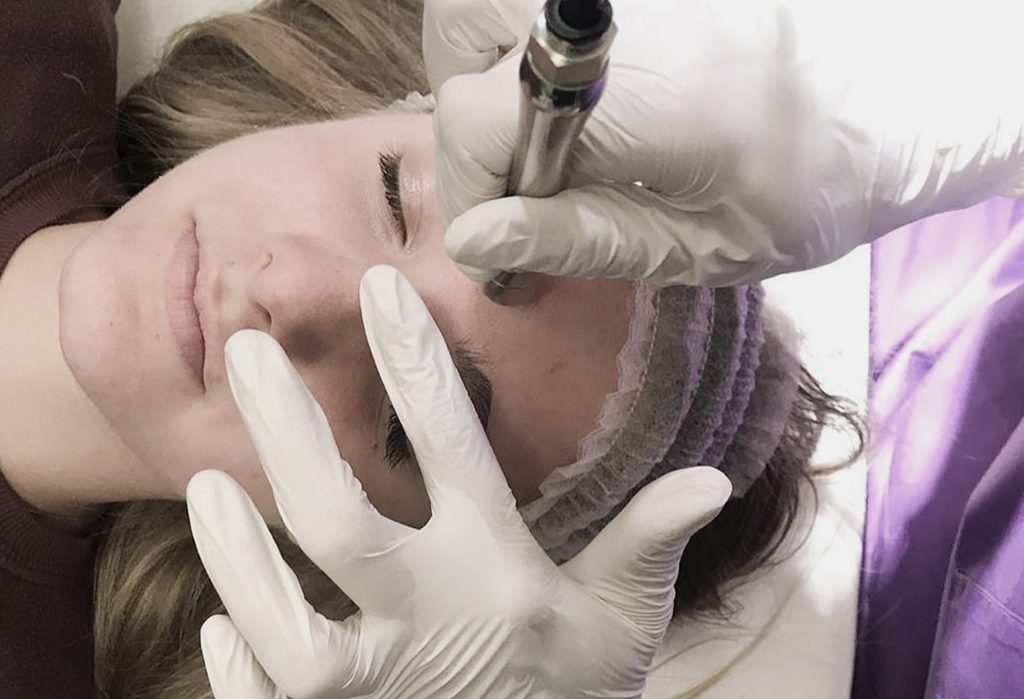This policy aims to define and explain how cookies are used
Our WEB address is: http://d6clinica.ro
This is our cookie policy in accordance with the Romanian legislation in force and in accordance with EU legislation. The information presented below is intended to bring to the user's attention more details about the placement, use and management of cookies used by websites, software applications and mobile applications owned by D6 CENTRU DERMATOLOGIC SRL.
1. IMPORTANT INFORMATION ABOUT COOKIES
1.1. This website uses its own and third-party cookies to provide visitors with a much better browsing experience and services tailored to the needs and interests of each visitor;
1.2. cookies play an important role in facilitating access and delivery of multiple services that the user enjoys on the Internet, such as: customizing certain settings such as the language in which a site is viewed, the currency in which certain prices or rates are expressed, keeping options for various products (measurements, other details, etc.) in the shopping cart (and storing these options) - thus generating the flexibility of the "shopping cart" (accessing old preferences by clicking the "forward" and "back" buttons);
1.3. Cookies provide site owners with valuable feedback on how their sites are being used by users, so that they can make them even more effective and accessible to users;
1.4. Cookies allow multimedia or other applications from other websites to be included on a particular website to create a more valuable, useful and enjoyable browsing experience;
1.5. Cookies improve the effectiveness of online advertising.
2. WHAT IS A COOKIE?
An "Internet Cookie" (also known as a "browser cookie" or "HTTP cookie" or simply "cookie") is a small file, made up of letters and numbers, that will be stored on a user's computer, mobile terminal or other equipment from which the Internet is accessed.
The cookie is installed by a request issued by a web-server to a browser (e.g. Internet Explorer, Chrome) and is completely "passive" (it does not contain any software programs, viruses or spyware and cannot access the information on the user's hard drive).
A cookie consists of two parts: the name and the content or value of the cookie. Furthermore, the lifetime of a cookie is determined; technically, only the webserver that sent the cookie can access it again when a user returns to the website associated with that webserver.
Cookies themselves do not require personal information to be used and, in most cases, do not personally identify internet users.
3. WHAT ARE THE ADVANTAGES OF USING COOKIES?
A cookie contains information that links a web-browser (the user) to a specific web-server (the website). If a browser accesses that web-server again, it can read the information already stored and react accordingly. Cookies provide users with a pleasant browsing experience and support the efforts of many websites to provide convenient services to users: e.g. online privacy preferences, site language options, shopping carts or relevant advertising.
4. WHAT IS THE LIFETIME OF A COOKIE?
Cookies are managed by webservers. The lifetime of a cookie can vary significantly depending on the purpose for which it is placed. Some cookies are used exclusively for a single session (session cookies) and are not retained once the user has left the website and some cookies are retained and reused each time the user returns to that website ('permanent cookies'). However, cookies can be deleted by a user at any time through browser settings.
5. SECURITY AND PRIVACY ISSUES
Cookies are NOT viruses! They use plain text formats. They are not made up of pieces of code so they cannot be executed nor can they auto-run. Consequently, they cannot duplicate or replicate themselves on other networks to run or replicate themselves again. Since they cannot perform these functions, they cannot be considered viruses. Cookies can still be used for negative purposes. Because they store information about users' preferences and browsing history, both on a particular site and on many other sites, cookies can be used as a form of Spyware. Many anti-spyware products are aware of this fact and constantly mark cookies for deletion as part of their anti-virus/anti-spyware removal/scanning procedures. In general, browsers have built-in privacy settings that provide different levels of cookie acceptance, validity period and automatic deletion after the user has visited a particular site.
6. HOW CAN I STOP COOKIES?
Users can configure their browser to reject cookies. Disabling and refusing cookies may make certain websites impracticable or difficult to visit and use. Also, refusing to accept cookies does not mean that you will no longer receive/see online advertising. You can set your browser to stop accepting cookies, or you can set your browser to accept cookies from a particular site. But for example, if you are not registered using cookies, you will not be able to leave comments. All modern browsers offer the possibility to change cookie settings. These settings are usually found in the "options" or "preferences" menu of your browser.







